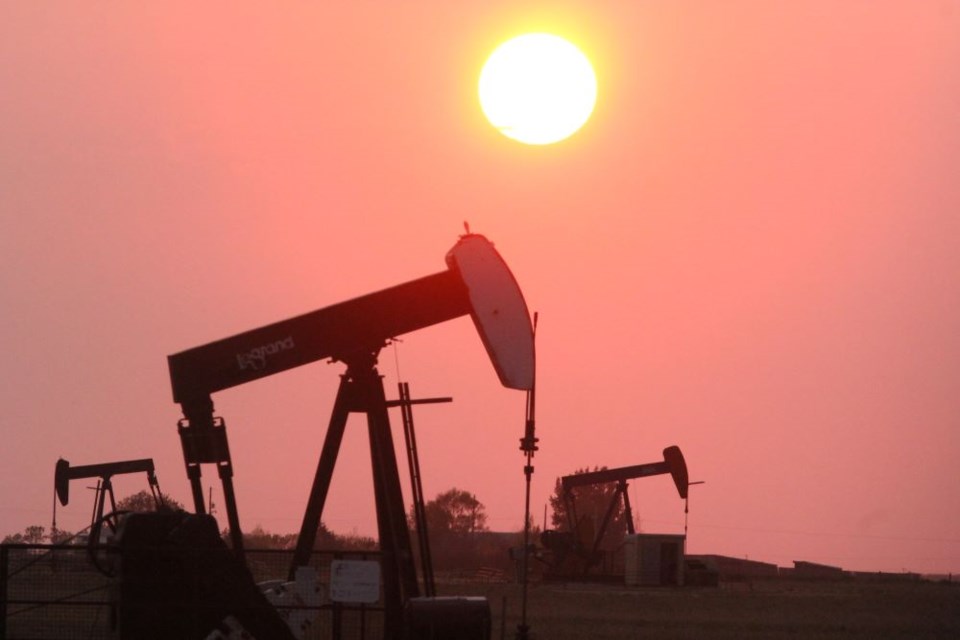If Prime Minister Mark Carney doesn’t listen to the West, it’s going to cost Canada.
Alberta Premier Danielle Smith and Saskatchewan Premier Scott Moe are demanding that Ottawa stop stomping on their provinces’ natural resource production.
Smith is telling Carney to scrap the no more pipelines law, Bill C-69, lift the cap on Alberta’s energy and cancel the looming ban on the sale of new gasoline and diesel vehicles.
Moe is stepping in sync with Smith, listing Saskatchewan’s demands in a letter, calling for changes to the no more pipelines law, saying, “there are a few policies that are going to have to go.”
Moe is also taking aim at the industrial carbon tax saying “the tax can’t be charged on the electricity for Saskatchewan families.”
The new prime minister says he’s listening.
“I intend to govern for all Canadians,” said Carney in his election victory speech.
If that’s true, Carney must heed the demands of Smith and Moe, because Ottawa’s anti-West policies are damaging the economy and costing taxpayers a truckload of money.
How much?
Ottawa’s cap on oil and gas emissions – which creates a cap on production - will cost the Canadian economy about $20.5 billion and slash 40,000 jobs by 2032, according to the Parliamentary Budget Officer.
Canada has also seen nearly $670 billion in natural resources projects suspended or cancelled, since 2015.
To put that kind of money into perspective: $670 billion would pay for the salaries of hundreds of thousands of paramedics and police officers, for a decade.
That’s the equivalent to the value of more than one million houses in Alberta or almost two million homes in Saskatchewan.
That kind of money is worth the entire federal income tax bills for the populations of Alberta, Saskatchewan and Manitoba for about 10 years.
That’s just the lost money from natural resources.
Carney’s looming ban on the sale of new gasoline and diesel vehicles also carries a huge price tag.
Canada’s vehicle transition could cost up to $300 billion by 2040 to expand the electrical grid, according to a report for Natural Resources Canada.
If Carney is serious about boosting the economy and governing for all Canadians, getting the government out of the way of natural resource projects and scrapping the expensive plan to stop people from buying new gas and diesel vehicles is a good first step.
The West has been firmly asking for Ottawa to mind its own business for years.
Cancelling the industrial carbon tax is another way for Carney to show that he’s serious about growing the economy and governing for all Canadians.
On the same day Carney scrapped the consumer carbon tax, the Saskatchewan government dropped its industrial carbon tax down to zero.
“By eliminating industrial carbon costs which are often passed directly on to consumers – the province is acting to protect affordability and economic competitiveness,” said the Saskatchewan government’s news release.
Alberta’s industrial carbon tax is now frozen. Increasing the tax above its current rate would make Alberta “exceptionally uncompetitive,” according to Alberta Environment Minister Rebecca Schulz.
Business groups in both provinces lauded each premier, saying it would make their industries more competitive and help bring down costs.
When Ottawa forces businesses like fuel refineries or fertilizer plants to pay the carbon tax, they pass on those costs on to taxpayers when they heat their homes, fill up their cars and buy groceries.
If companies are forced to cut production or leave the country because of the industrial carbon tax and policies like the energy cap, it’s regular Albertans and Saskatchewanians who are hurt the most through job losses.
If Carney intends to govern for all Canadians he needs to listen to Smith and Moe and scrap these policies that are set to cost taxpayers billions and slash tens of thousands of jobs.
Kris Sims is Alberta Director and Gage Haubrich is Prairie Director for the Canadian Taxpayers Federation.
The commentaries offered on SaskToday.ca are intended to provide thought-provoking material for our readers. The opinions expressed are those of the authors. Contributors' articles or letters do not necessarily reflect the opinion of any SaskToday.ca staff.




